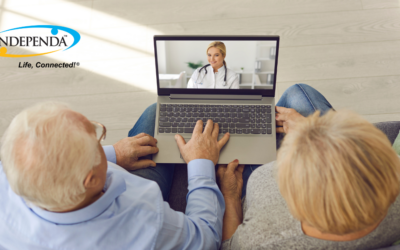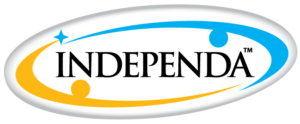According to the Alzheimer’s Association, approximately one in eight older adults in America suffers from this complex and often highly restrictive neurological condition. Given that the Baby Boomer generation is entering retirement, it’s clear that care managers and caregivers must prepare themselves for an influx of care recipients who are battling this ailment in the coming years. In addition to these individual efforts, the eldercare industry as a whole must develop a solid infrastructure to expand the current models of Alzheimer’s care in employment today.
In addition, it may benefit eldercare professionals to understand how various physical and mental conditions can interact, enabling them to better see the big picture for each care recipient. Recently, for example, researchers from Columbia University unearthed a potential correlation between reduced bone mass and mental ability – two major concerns among the older adult population that, until now, have been addressed separately in a clinical setting.
“In an earlier study, we showed that the brain is a powerful inhibitor of bone mass accrual,” lead author Dr. Gerard Karsenty said in a press release. “This effect was so powerful that it immediately raised the question, ‘Does the bone signal back to the brain to limit this negative influence?'”
Further investigation into the nature of this relationship revealed that osteocalcin, a hormone secreted by osteoblasts that promote bone development, may also stimulate the growth of bone cells. Dr. Karsenty speculated, based on this discovery, that bone loss over time could result in lower levels of osteocalcin, which could in turn be linked to cognitive decline.
Though further research is necessary to understand this connection, it may still encourage caregivers to see care recipients more holistically. With Independa’s best-of-breed telecare services, you can keep track of care recipients in residential communities and off-site through remote monitoring, and receive alerts when something isn’t quite right. Remote monitoring information is consolidated onto one centrally managed dashboard, delivering greater visibility for care managers. Contact us today through our online form to learn more about the benefits of telecare.




